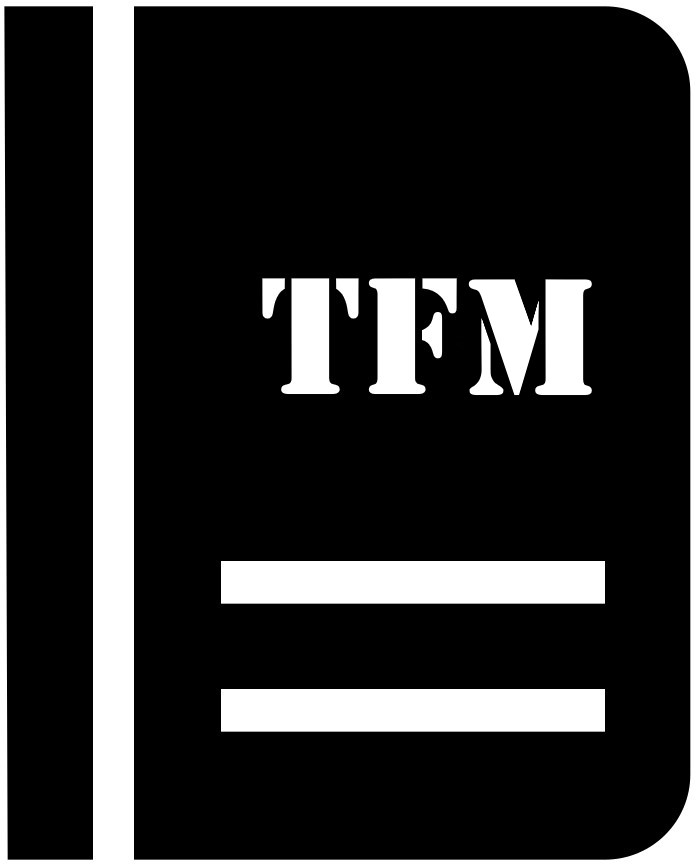|
Author
Andreeva, Anna
|
Abstract
The Epithelial Growth Factor Receptor (EGFR) is a receptor tyrosine kinase that plays an important role in the normal physiology of cells, being responsible for cell proliferation. EGFR is overexpressed in many epithelial cancers, associating with poor cancer prognosis in patients, therefore making it a prime target for cancer therapy. Under normal conditions, EGFR is located in the plasma membrane however, upon epidermal growth factor (EGF) binding, receptor is internalized into endosomes and afterwards degraded in lysosomes or recycled back to the membrane. Cell exposure to stresses such as UV, hypoxia or drug treatment can also trigger receptor endocytosis.
EGFR trafficking and degradation in cancer cells has been widely described in two-dimensional cultures. However, it has been established that cells grown in 2D cultures experience a non-physiological environment, altering their response to drug therapies. The tumour microenvironment plays a big role in cancer initiation and progression, providing components necessary for various cell functions, such as sustained proliferation, cell death resistance as well as invasion and metastasis, among others. In 3D cultures, cells are embedded within a scaffold, receiving necessary chemical, mechanical and physical cues that could mimic the native tumour tissue structure. Nanoscale architecture and biochemical properties of scaffolds are very similar to the natural extracellular matrix, and therefore, 3D models allow for a better understanding of molecular mechanisms, providing a more realistic physiological response.
In this work a new model is described for EGFR internalization and degradation, upon treating pancreatic ductal adenocarcinoma cells (PDAC) with a known tyrosine kinase inhibitor Erlotinib, where RAD16-I was used as a biomaterial for 3D cell culture. Results showed that Erlotinib in combination with EGF promotes EGFR degradation in PDAC cells cultured in a 3D environment, but not in classical 2D cultures. Interestingly, in normal dermal fibroblasts cells Erlotinib treatment in combination with EGF does not induce receptor degradation, regardless of culture conditions.
In this work, it is also shown that EGF proves to be absolutely necessary for EGFR endocytosis. In 3D cultured tumor cells, upon EGF addition, receptor gets sorted into endosomes. When Erlotinib is added, in 3D cultures it promotes receptor lysosomal degradation while in 2D cultures it partially prevents receptor internalization, retaining it in the membrane for continuous signaling.
Overall, not only does Erlotinib effect normal and tumour cells differently, but also PDAC cell response to TKI treatment varies depending on the culture conditions. This shows that dimensionality has a significant effect on the drug response. Therefore, it is important to use culture systems that are able to mimic the in vivo physiology of tumours, in order to understand how cells might respond to currently available treatments.
|

|



